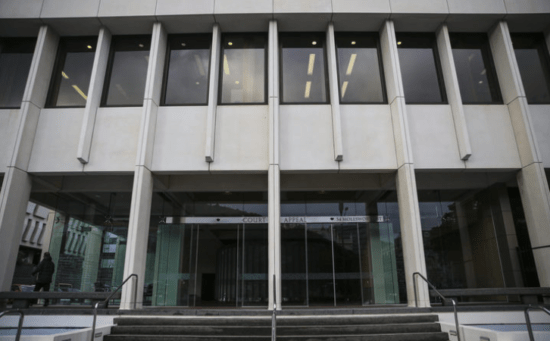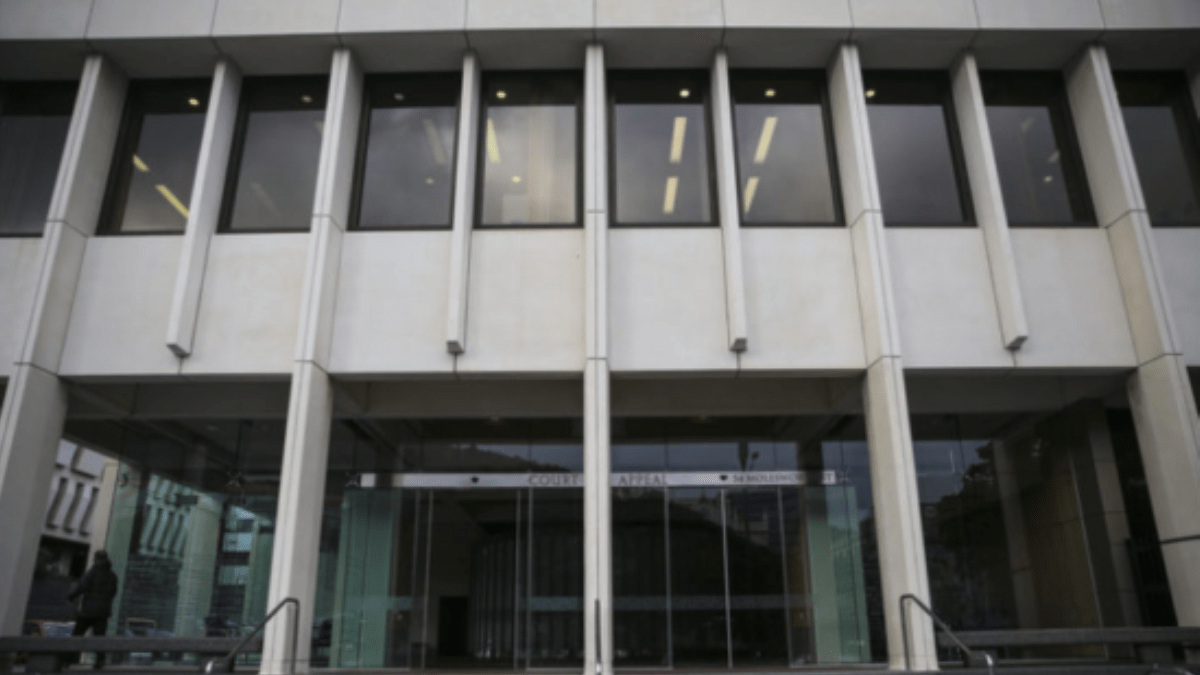KASM PRESS RELEASE
Kiwis Against Seabed Mining (KASM) and Greenpeace are in the Court of Appeal in Wellington this week, defending last year’s High Court ruling that quashed Trans-Tasman Resources’ (TTR) consent to mine the South Taranaki Bight seabed.
The case will be heard over three days between 24-26 September, and the two environmental organisations will be working alongside a range of other groups, including local iwi Te Rūnanga o Ngāti Ruanui, the trustees of Te Kaahui Rauru, Forest & Bird, the Taranaki-Whanganui Conservation Board, Te Ohu Kai Moana and a number of other fisheries interests.

TTR is appealing the 2018 High Court decision that removed its consent to mine a 66 square kilometre area of the Bight for ironsands, which would involve digging up 50 million tonnes of the seabed a year for 35 years.
In granting its original consent, the Environmental Protection Agency set out 109 conditions, some of which amounted to “adaptive management” which KASM, Greenpeace and other parties argued to the High Court was unlawful, and Justice Churchman agreed.
This week the Court will hear TTR argue for mining to go ahead, and cross-appeals from KASM and Greenpeace, with the other parties, on a number of other issues the High Court decision rejected (see below).
Cindy Baxter, Chairperson of KASM, says this case is of utmost importance for preventing future seabed mining in New Zealand.
“This is a precedent-setting case, and it’s important to get the law as strong as possible, in order to protect our oceans from damage by future seabed miners. We cannot stress the importance of this case enough, in terms of the impact this destructive, untested industry could have on our ocean environment,” she said.
Jessica Desmond, campaigner at Greenpeace says it’s unacceptable the unique biodiversity of this region should be put at further risk from seabed mining.
“The South Taranaki Bight is home to Aotearoa’s own population of blue whales, the critically endangered Māui dolphin, blue penguins and other ocean taonga. These species are already under a multitude of threats from destructive fishing techniques, pollution and climate change, and this case is critical in protecting their home from damage by seabed mining.”
The issues the two groups are cross-appealing include:
- the application of the precautionary principle and international law;
- the conduct of the hearing itself – including how the chairman of the EPA committee used his casting vote since there were four members, two of whom voted against granting consent;
- the failure of the EPA to take economic costs as well as benefits into account;
- the way the EPA dealt with issues around the effects of seabed mining crossing the boundary into the coastal marine area (within 12 miles from land); and
- the failure to differentiate between a bond and public liability insurance.

